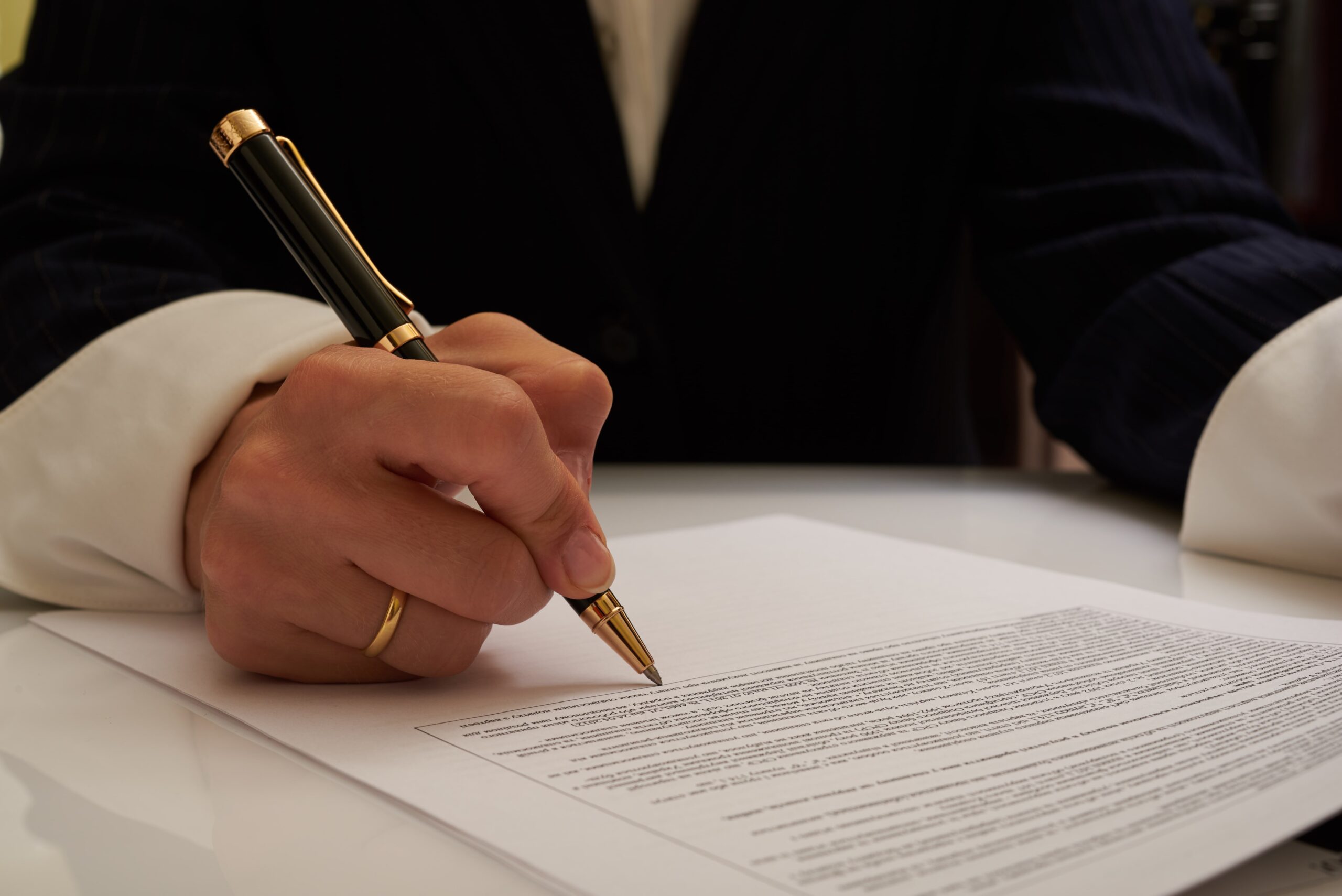Regarding estate planning and probate law, many people think of a will, but many other elements exist. There exists a comprehensive legal process that goes beyond the creation of a will—probate. In this exploration, we delve into the depths of probate law, uncovering its intricacies, purpose, and the role of a probate lawyer in guiding families through the process, something our friends at W.B. Moore Law always advocate for.
Understanding The Probate Process
Probate is the legal process through which a deceased person’s estate is settled, debts are paid, and assets are distributed to heirs. While possessing a will is an essential component, the probate process is often what sets everything in motion. The probate court oversees the administration of the estate, ensuring that the deceased person’s wishes, as outlined in the will, are carried out appropriately.
Probate Without A Will: Intestate Succession
In cases where a person passes away without a will, a condition known as intestacy, the probate process still occurs. However, the distribution of assets follows the laws of intestate succession, which vary by jurisdiction. In such instances, the court appoints an administrator to manage the estate and distribute assets according to legal guidelines. One of the top reasons why people have a will is to avoid the probate process to begin with.
Probate Assets: What Goes Through Probate?
Not all assets will have to go through the probate process. Assets with designated beneficiaries, jointly owned property, and those held in trust typically bypass the probate process. However, assets solely owned by the deceased, without specific beneficiary designations, are subject to probate. This can include real estate, bank accounts, personal property, and investments. Understanding the distinction between probate and non-probate assets is crucial for effective estate planning.
Probate Timeline: What To Expect
The probate process is not instantaneous; it follows a timeline that varies depending on factors such as the complexity of the estate, potential disputes, and court schedules. The average probate process can take anywhere from a few months to several years or more. During this period, the probate lawyer plays a central role in managing deadlines, filing necessary documents, and representing the estate’s interests.
Probate Costs: Breaking Down The Expenses
The probate process will come with different costs, with some often including legal fees, court fees, and executor fees.These costs are typically paid from the estate before assets are distributed to heirs. Understanding and budgeting for these expenses is a critical aspect of probate planning. A probate lawyer assists in navigating these financial aspects, ensuring transparency and compliance with legal obligations.
Exploring the depths of probate law reveals a nuanced and intricate legal landscape. Beyond the simplicity of a will, the probate process involves legal procedures, timelines, and potential challenges that necessitate professional guidance. Working with an attorney can ensure that the probate process goes smoothly. With legal help, individuals can navigate the probate process with confidence, knowing that their wishes and the welfare of their loved ones are in capable hands.

